LESSON 3# HACKS OF THE TRADE-...MORE TRAFFIC

Engineer
“[…] using click and visit data to rank results is a very reasonable and logical thing to do, and ignoring the data would have been silly. [...] It's pretty clear that any reasonable search engine would use click data on their own results to feed back into ranking to improve the quality of search results. Infrequently clicked results should drop toward the bottom because they're less relevant, and frequently clicked results bubble toward the top.”
Domain Factors
1. Domain Age: Many SEOs believe that Google inherently “trusts” older domains. However, Google’s John Mueller has said “domain age helps nothing“.
2. Keyword Appears in Top Level Domain: Having a keyword in your domain name doesn’t give you the SEO boost that it used to. But it still acts as a relevancy signal.
3. Domain registration length: A Google patent states:
“Valuable (legitimate) domains are often paid for several years in advance, while doorway (illegitimate) domains rarely are used for more than a year. Therefore, the date when a domain expires in the future can be used as a factor in predicting the legitimacy of a domain.”
4. Keyword in Subdomain: Moz’s expert panel agrees that a keyword appearing in the subdomain can boost rankings.
5. Domain History: A site with volatile ownership or several drops may tell Google to “reset” the site’s history, negating links pointing to the domain. Or, in certain cases, a penalized domain may carry the penalty over to the new owner.
6. Exact Match Domain: Exact Match Domains probably have little to no direct SEO benefit. But if your EMD happens to be a low-quality site, it’s vulnerable to the EMD update.
7. Public vs. Private WhoIs: Private WhoIs information may be a sign of “something to hide”. Googler Matt Cutts is quoted as stating:
“…When I checked the whois on them, they all had “whois privacy protection service” on them. That’s relatively unusual. …Having whois privacy turned on isn’t automatically bad, but once you get several of these factors all together, you’re often talking about a very different type of webmaster than the fellow who just has a single site or so.”
8. Penalized WhoIs Owner: If Google identifies a particular person as a spammer it makes sense that they would scrutinize other sites owned by that person.
9. Country TLD extension: Having a Country Code Top Level Domain (.cn, .pt, .ca) can sometimes help the site rank for that particular country… but it can limit the site’s ability to rank globally.
Page-Level Factors
10. Keyword in Title Tag: Although not as important as it once was, your title tag remains an important on-page SEO signal.
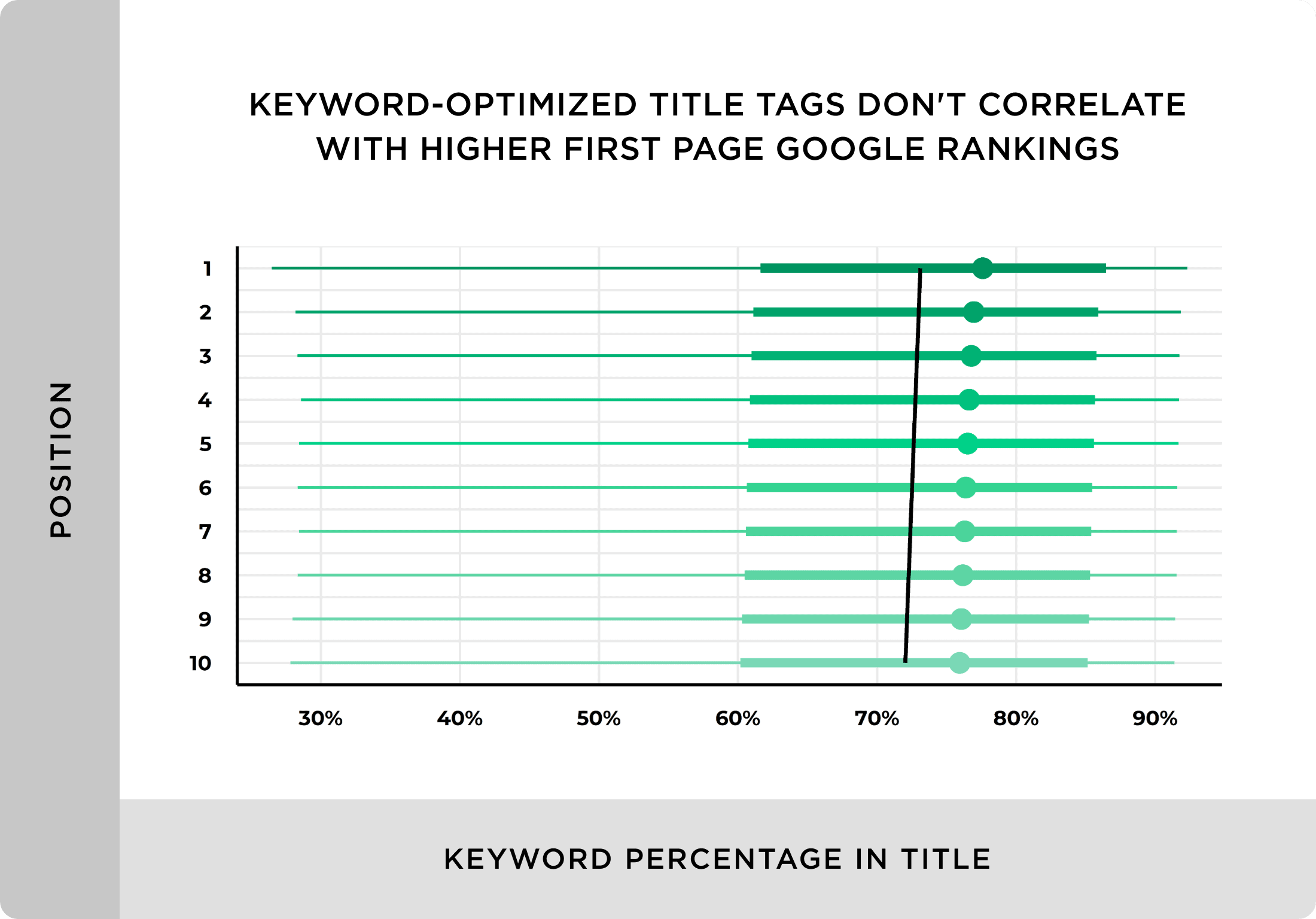
11. Title Tag Starts with Keyword: According to Moz, title tags that start with a keyword tend to perform better than title tags where the keyword appears at the end of the tag.
12. Keyword in Description Tag: Google doesn’t use the meta description tag as a direct ranking signal. However, your description tag can impact click-through-rate, which is a key ranking factor.
13. Keyword Appears in H1 Tag: H1 tags are a “second title tag”. Along with your title tag, Google uses your H1 tag as a secondary relevancy signal, according to results from one correlation study:
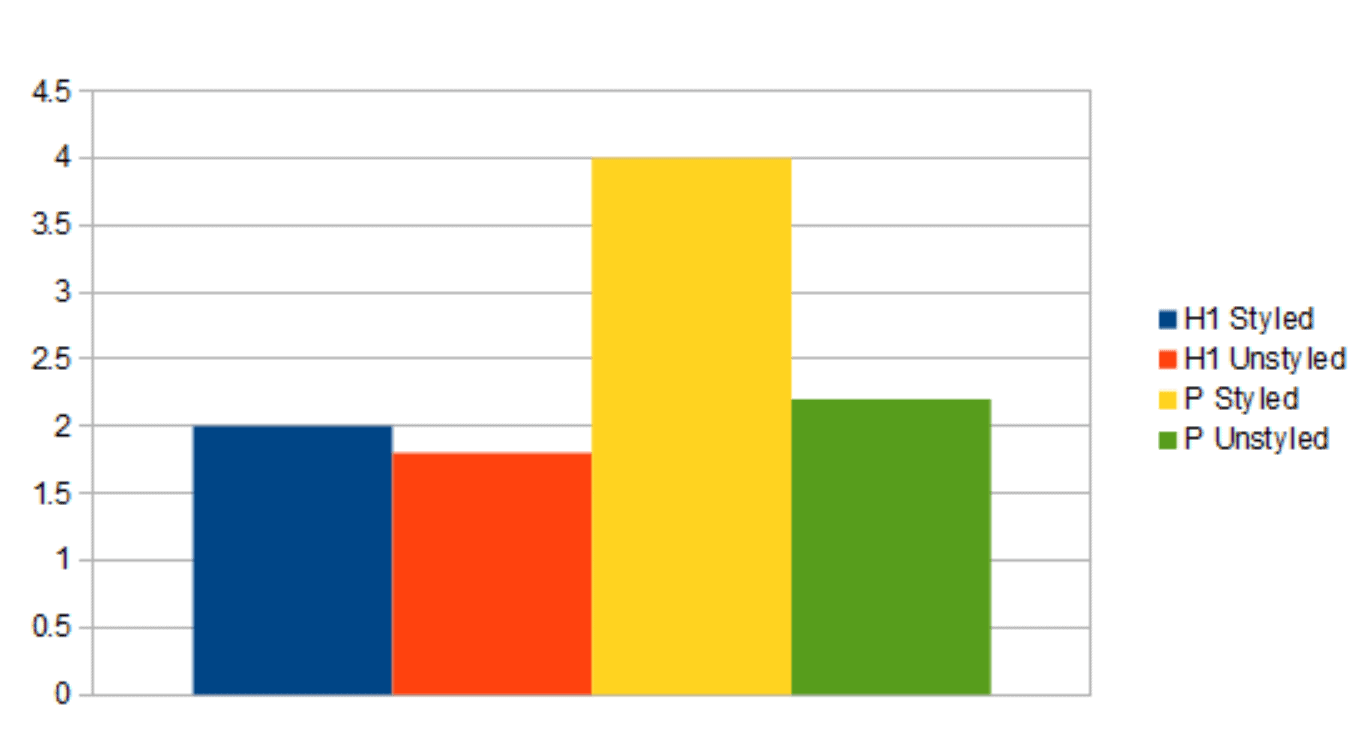
14. TF-IDF: A fancy way of saying: “How often does a certain word appear in a document?”. The more often that word appears on a page, the more likely it is that the page is about that word. Google likely uses a sophisticated version of TF-IDF.
15. Content Length: Content with more words can cover a wider breadth and are likely preferable in the algorithm compared to shorter, superficial articles. Indeed, one recent ranking factors industry study found that the average first page Google result was about 1400 words in length.
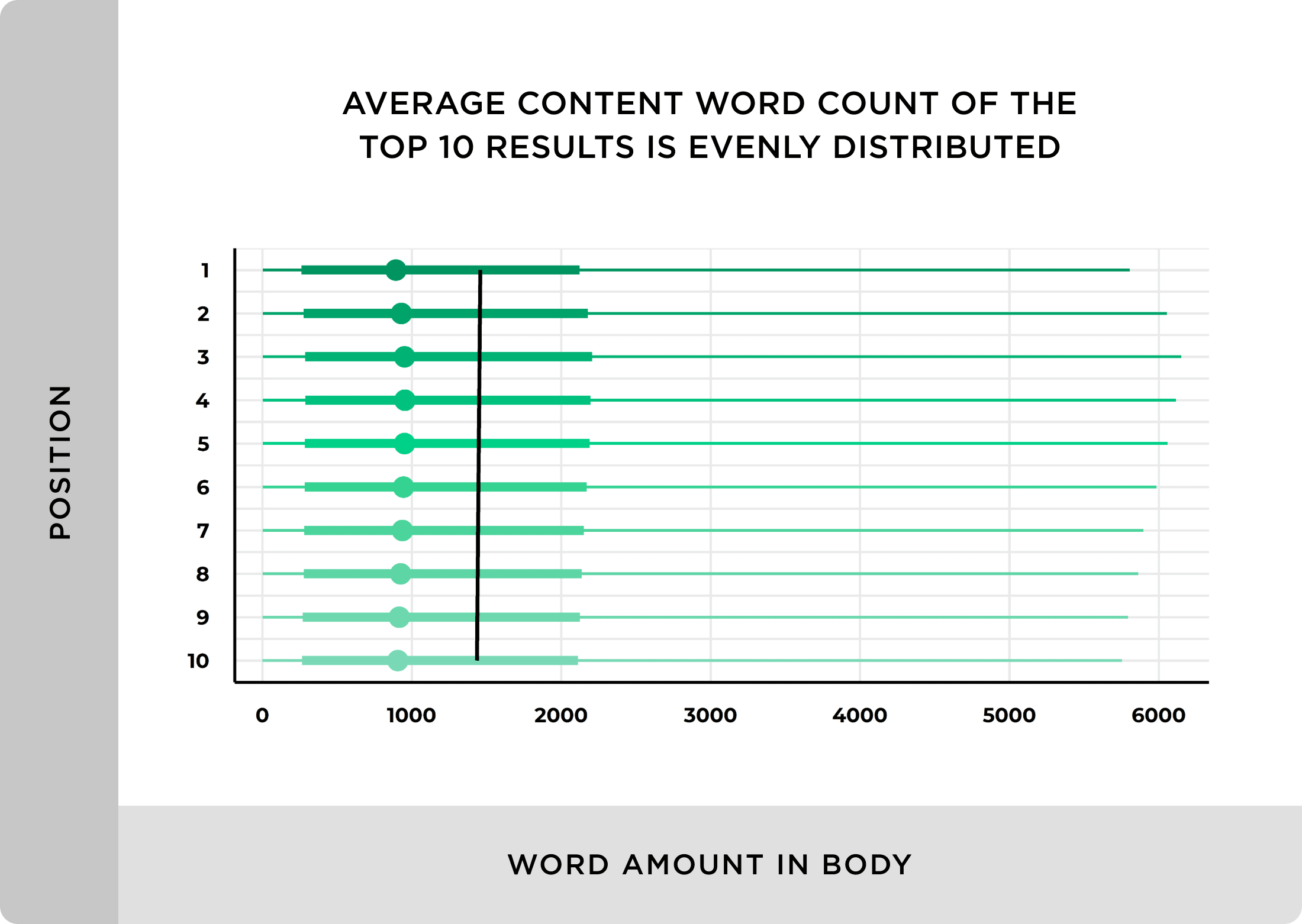
16. Table of Contents: Using a linked table of contents can help Google better understand your page’s content. It can also result in sitelinks:
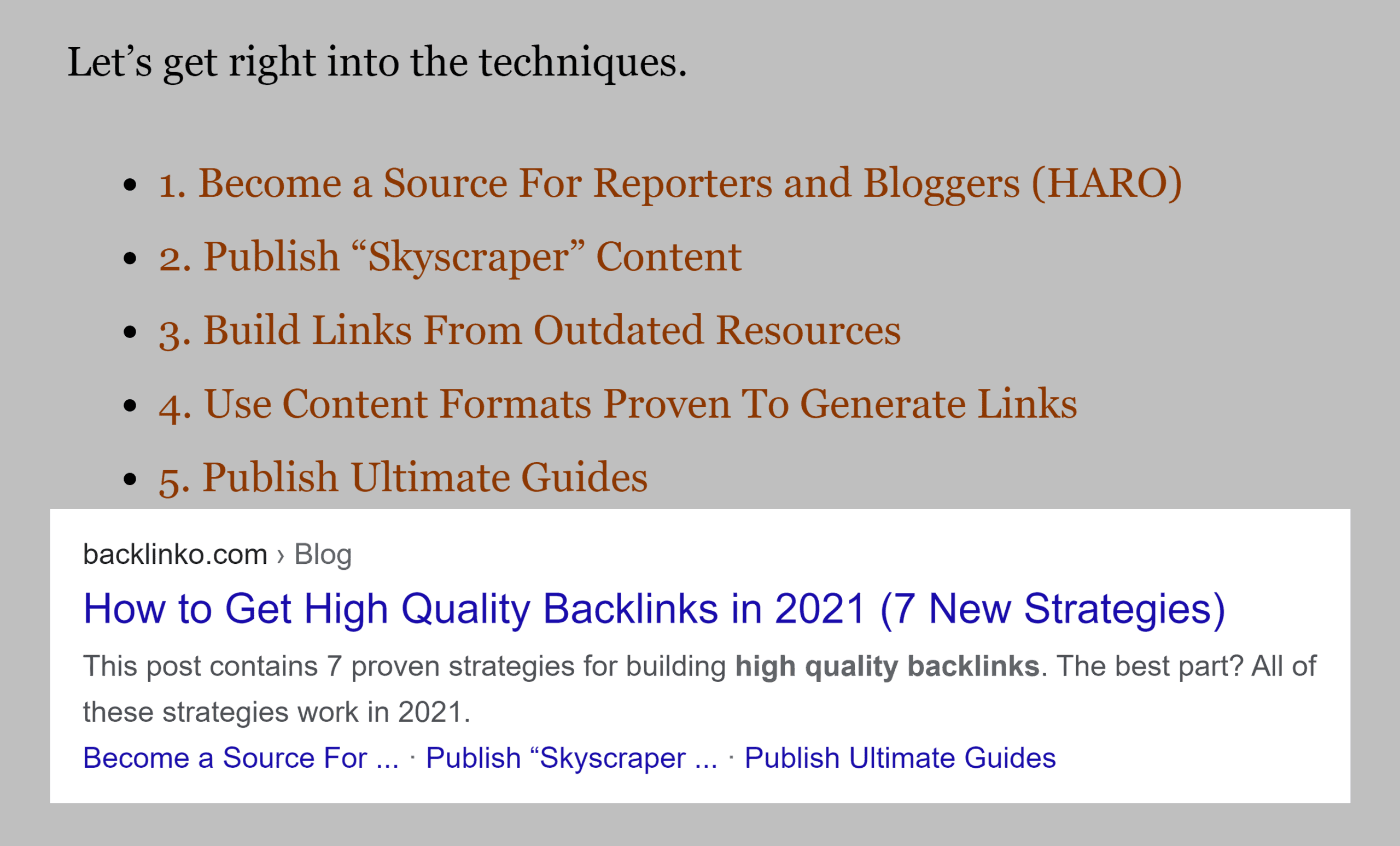
17. Latent Semantic Indexing Keywords in Content (LSI): LSI keywords help search engines extract meaning from words that have more than one meaning (for example: Apple the computer company vs. Apple the fruit). The presence/absence of LSI probably also acts as a content quality signal.
18. LSI Keywords in Title and Description Tags: As with webpage content, LSI keywords in page meta tags probably help Google discern between words with multiple potential meanings. May also act as a relevancy signal.
19. Page Covers Topic In-Depth: There’s a clear correlation between depth of topic coverage and Google rankings. Therefore, pages that cover every angle likely have an edge vs. pages that only cover a topic partially.
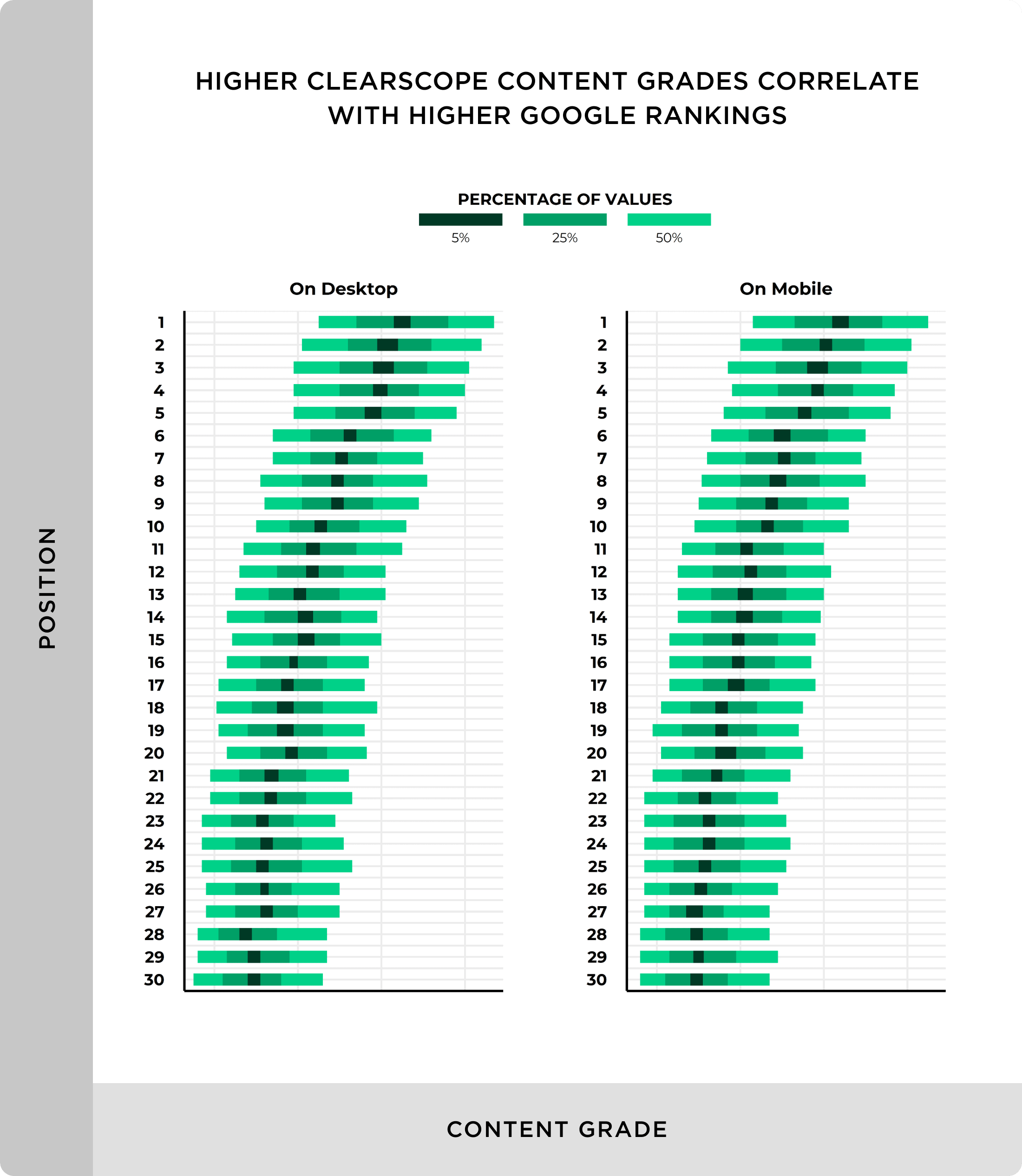
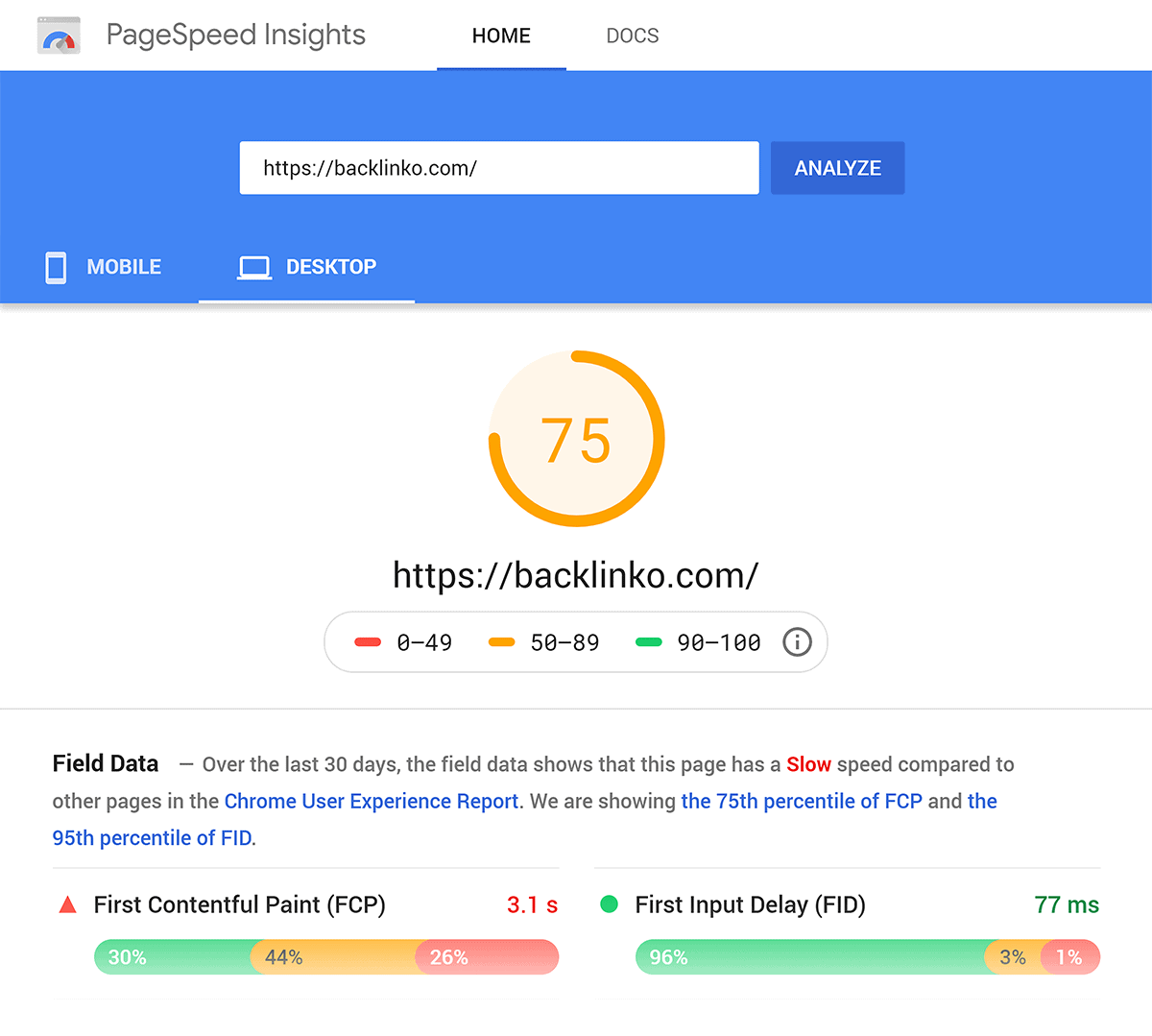
20. Page Loading Speed via HTML: Both Google and Bing use page speed as a ranking factor. Google now uses actual Chrome user data to evaluate loading speed.
The latest tips and news from the Blogger team Earn money from your blog this holiday season December 11, 2013 The holiday season is here and retailers are spending more on online advertising to promote their products. Your blog has valuable space and you can earn some extra money by placing Google AdSense ads next to your content. If you don’t already have AdSense set up on your blog, visit the Earnings tab of your Blogger dashboard to give it a try. It’s free and only takes a moment to sign up. And if you’ve tried AdSense out in the past, head to your blog and give it a second look. It now has updated controls, so you can match the ads that appear to the style of your blog. Happy holidays! Posted by Ian Cohan-Shapiro, Marketing Manager Share on Twitter Share on Facebook 

